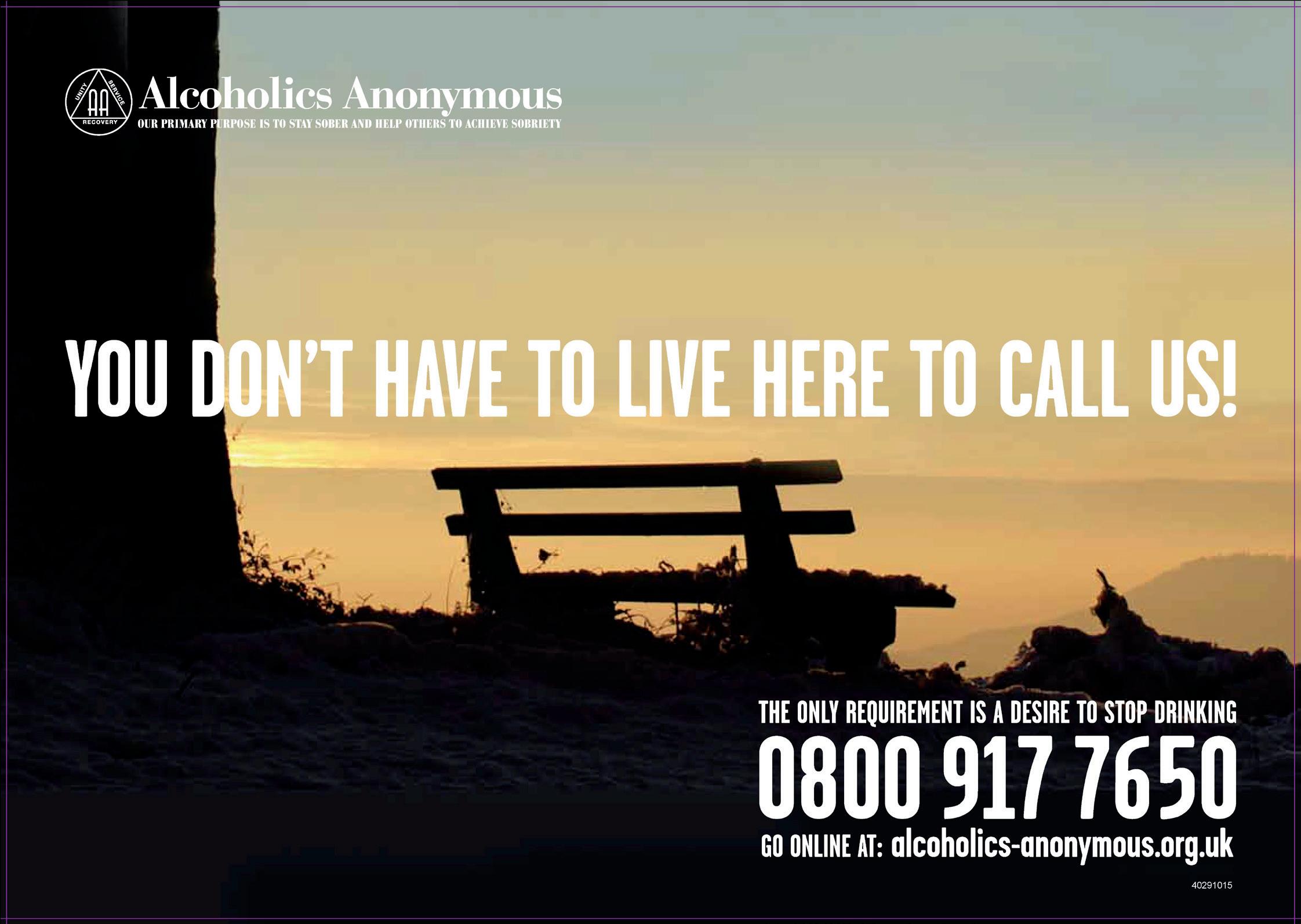
5 minute read
TWITTERING ON
BY ANGELA KELLY
Dog-fouling Blights Communities
Advertisement
THERE are thousands of dogs in the UK – we’re known as a nation of pet-lovers and dogs are arguably the No.1 pet. The logistics of this is equally mindboggling amounts of dog poo. Unfortunately, much of this is on public highways and pavements. Now, responsible dog-owners naturally take out those little bags with them on walks with their pet and swiftly pop the offending matter into the bag to either drop off in a bin or take home to put in their rubbish.
Sadly, there is a significant number of dog-owners who simply don’t see this as their problem and are happy to leave poo wherever their pet deposits it.
We live near a rural area and scores of dog-walkers pass our house daily. We’re dog-owners ourselves and we like to see our canine friends and their owners happily out walking. We like it, that is, until you notice the increasing number of owners who just let their dogs foul where they want to and do nothing about it. We watched one just the other day. An older chap who let his dog stop and do his business – and then leave the mound of poo on the pavement. This was outside our elderly neighbours who are plagued with the problem and in despair.
By keeping an eye on him, we discovered that this man lived very nearby, only a road or two away. So we reported him to the local authority. Their relevant officials promised to monitor him, using the reasoning that people tended to regularly walk their dogs at similar times and on similar routes.
Reporting him was actually our second choice as our first choice was to bag up the poo and leave it by his house. However, we wanted to follow the rules – although our preferred course of action would have been more satisfying and probably more just. I really don’t understand anyone – especially someone living in the same area – allowing it to be blighted by dog poo. It’s unsightly, unhygienic and dangerous. It takes selfishness to a new level and personally I’d like to see far more individuals not only fined but named and shamed.
The dogs are not to blame but these are irresponsible owners who need to be made to care about their communities.
Stepping up To Stay Healthy
TO many of us as we get older, living in a bungalow seems to make all kinds of sense. We finally get rid of stairs (especially if limbs and joints no longer seem keen to employ that daily exercise) and long for the ease of everything being on one level. While much of that is true, there is apparently now something we need to take into account that may make us think twice – the possibility of “bungalow leg”. Medical experts warn that making the move to a bungalow too early can actually speed up the physical decline that old age brings. In fact, it can lead to a phenomenon now being called “bungalow leg.”
This refers to the gradual weakening of muscles in the leg which has often been identified with those who have moved to a single-storey home without the daily physical challenge of using stairs. This came originally from a study in Japan involving 6,000 people aged 65 or over who had various types of homes, including those with stairs. They were monitored over three years.
One English physiotherapist who treats elderly patients points out that keeping as active as possible is the key to a healthier

life and that we need a good range of movement throughout to stop stiffness. As the move to a bungalow often comes when we have reduced muscle mass anyway, that old saying “use it or lose it” becomes truer than ever.
So, the next time you’ve forgotten something upstairs and end up cursing them, just remember: stairs may be keeping you healthy!
What makes a film feel good?
WHAT’S your favourite movie? Is it a horror flick, a comedy, true life drama or just an old-fashioned feelgood film? Personally, while I like a really good drama, a feelgood film can make me feel better and brighter about my day. So I often go for traditional favourites like Notting Hill, Pretty Woman, Sleepless in Seattle and Forrest Gump.
They always do the trick, however I’m feeling. Now, a new study uses science to show just why films like Love Actually and the rest make viewers laugh and smile and forget, A team from an organisation called the Max Planck Society found that feelgood films have an element of humour, a classic happy ending and certain recurring plots and characters. This typically includes an outsider in search of love who proves themselves and fights adverse circumstances until they find a fitting role in the community. The Society conducted a study with people from Germany, Austria and the German-speaking regions of Belgium and Switzerland. Their responses pointed to romantic comedies being particularly effective in emotional uplift.
They don’t just have romance and humour; there is also often some drama. The study showed that scenes and plots with a strong emotion also fall into the feelgood category. It emphasised that many people watch feelgood films specifically to relax and lift their spirits. Interestingly, while those taking part agreed that feelgood films may be sentimental, they were not kitschy. Above all, they were technically well-made. The study also made the salient point that the views of those who felt positive about such films differed considerably from the mainly negative perspective of professional film critics.
Now that definitely resonates. Many times I’ve read what the critics have said about a film when I’ve been considering watching it. I’ve even been put off from seeing it but. if I’ve persevered, I’ve found my view of it completely different from the critic’s.
Theirs is not an exact science, though, and, to be fair, I’ve seen far more films than not because of what a critic I like has said about it. And that felt good.









